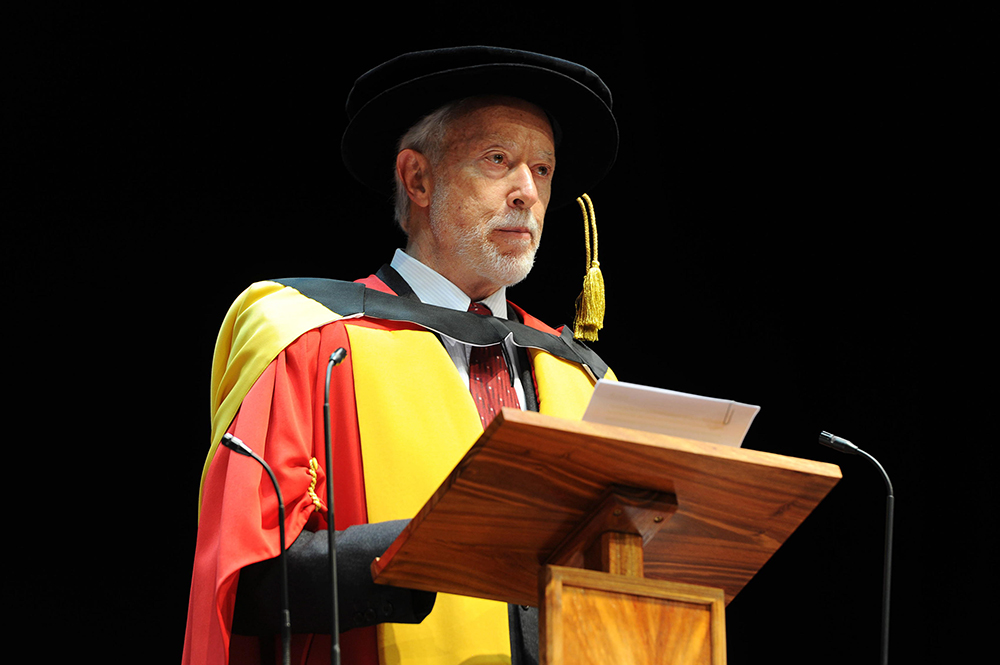New books by, articles about or Sasquatch-like sightings of J.M. Coetzee routinely send me back to that infamous YouTube clip of Geoff Dyer face-planting while being introduced by Coetzee at the Adelaide Book Festival – an episode often cited as evidence that the Nobel Laureate has no sense of humour. The garlanded ex-South African’s work is famously as dry as the Karoo, and Coetzee himself has been accused of having only ever laughed once. But a smile is visible in ‘The Pole’, the longest story in this collection.
Beatriz, in her late forties, is an educated Spanish woman, ‘a good person’ in a ‘civilised’ (read dormant) marriage, involved in organising things like highbrow concerts but otherwise not taken seriously. Unexceptional, she calls herself ‘not sexy, and certainly not seductive’. She finds herself in charge of hosting a visiting pianist, aged 72, a white-haired Pole called Witold Walczykiewicz with ‘lugubrious’ face and ‘faded’ eyes, who has a love-hate relationship with his homeland and a surname that is often mispronounced. (He also displays ‘the ghost of a smile’.)
Witold has made a substantial career out of ‘historically authentic Chopin’, but his playing is deemed by many to be ‘over-intellectualised’ and ‘unusually dry’. He declines to ‘justify his art’, quibbles about whether one can even call him a pianist, and says his craft is more important than his being happy. But he falls immediately (if chivalrously) in love with Beatriz, concocts further trips to Spain to see her, sends florid letters and tries to whisk her off to Brazil. ‘Of course it is about sex,’ says her husband, efficiently. The bemused Beatriz, though, considers Witold a fool and, with a rather stiff, womanly propriety, invests a lot of time and energy in setting him straight.








Comments
Join the debate for just £1 a month
Be part of the conversation with other Spectator readers by getting your first three months for £3.
UNLOCK ACCESS Just £1 a monthAlready a subscriber? Log in